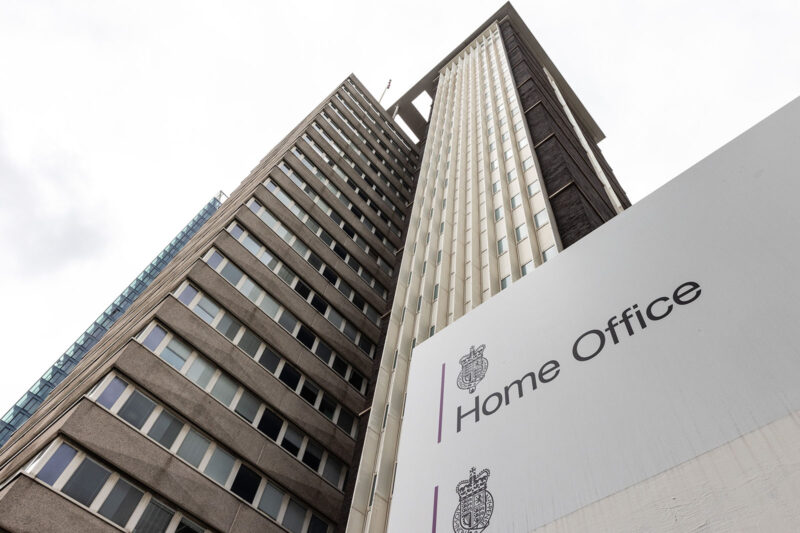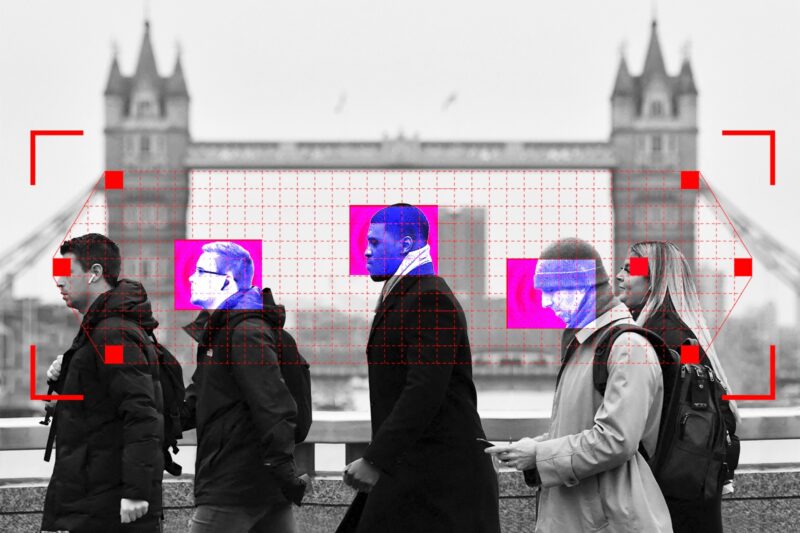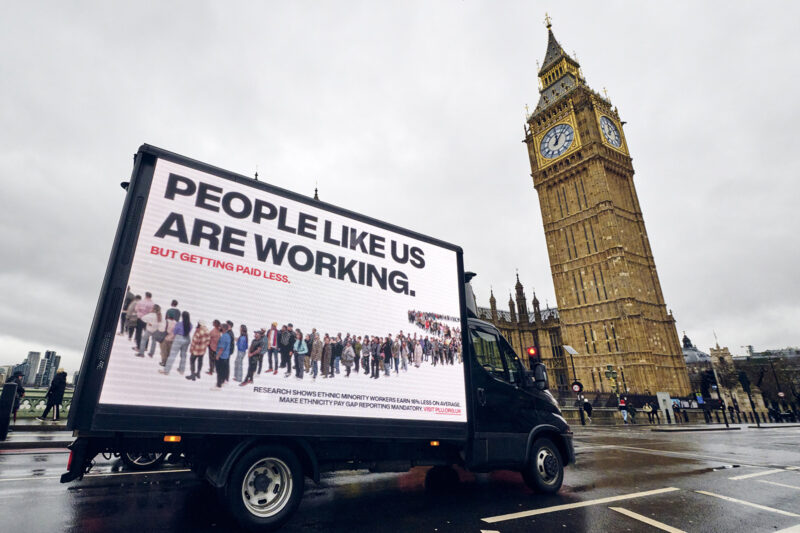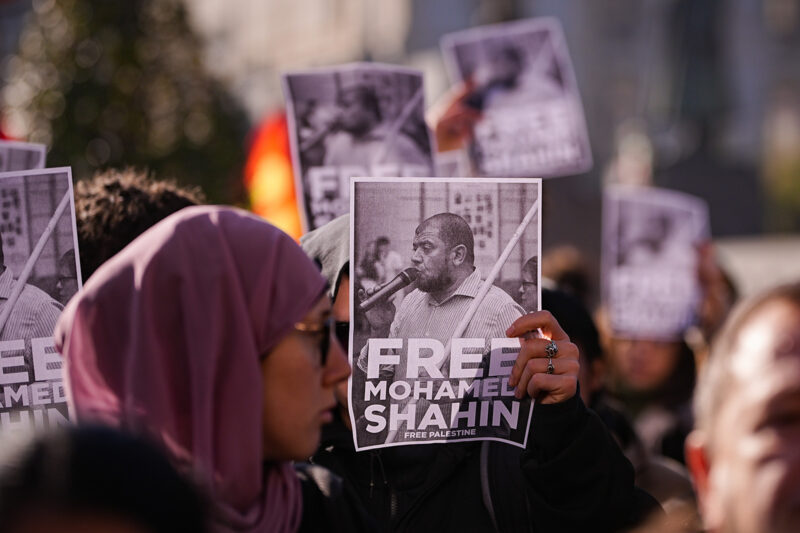Government loses appeal over controversial anti-protest law
Labour had fought to keep Suella Braverman’s legislation allowing police to crack down on ‘more than minor’ disruption

The government has lost its appeal against a High Court ruling that found that controversial anti-protest legislation introduced by Suella Braverman, the former home secretary, was unlawful.
The Court of Appeal upheld the original judgment in what civil rights organisation Liberty, which brought the legal challenge, is hailing as a major legal victory.
The case centred on legislation passed in June 2023, without a parliamentary vote, that reduced the threshold for when police could crack down on protests, meaning the law covered anything that was deemed as causing “more than minor” disruption. In May 2024, the High Court agreed with Liberty that Braverman’s new legislation had been unlawful.
Ahead of the general election, then home secretary James Cleverly launched an appeal against the ruling. In August, the Home Office confirmed that his successor, Labour’s Yvette Cooper, would continue with the appeal. At the time, Liberty director Akiko Hart told Hyphen that this move was “undemocratic, unconstitutional and unacceptable”.
The charity told the court that the former home secretary had tried to circumvent the will of parliament by using secondary legislation — a type of lawmaking which is subject to less parliamentary scrutiny than secondary legislation — to bring in the new rules.
In a judgment published on Friday, Lord Justice Underhill, Lord Justice Dingemans and Lord Justice Edis wrote: “The term ‘serious’ inherently connotes a high threshold … [and] cannot reasonably encompass anything that is merely ‘more than minor’.”
Liberty welcomed the decision, saying it set a crucial precedent. “Today’s judgment is clear, just as it was last year, that these laws should never have been made,” said Hart. “They were a flagrant abuse of power from a government determined to shut down protesters they did not personally agree with.”
She added: “Five different judges over two separate hearings have now ruled that ‘serious’ simply cannot mean ‘more than minor’. It’s therefore even more surprising that the current government chose to continue the appeal into this case and argue that wasn’t the case. As a result, even more people have been needlessly funnelled into the criminal system over the past 12 months through a law that should never have existed in the first place.”
The case, with Cooper listed as the appellant, was heard over two days in the Court of Appeal in December 2024, where Liberty argued that Braverman had sought to bring in laws by the “back door”. Before she forced through the new law, the then Tory government had tried to insert the new powers into the Public Order Act 2023 in January, but was blocked by the Lords.
Lawyer Katy Watts described the ruling as “a victory for parliament and the rule of law”, warning that the defeated regulations were just one part of a wider pattern of restrictions on protest rights.
“Protest is a fundamental right and the cornerstone of our democracy,” she said. “It must not be undermined by governments who want to shut down the ways we hold them to account.”
Liberty and other campaign groups have warned that there is an unprecedented crackdown on the right to protest in the UK, particularly since the Police Crime, Sentencing and Courts Act 2022 and the Public Order Act 2023 came into effect. According to Liberty, hundreds of protesters have been criminalised under these measures. Among those most affected by these restrictions are Palestine and climate protesters — a trend which escalated after Israel’s siege and bombardment of Gaza began in October 2023.
Liberty is now calling on the government to accept the ruling, scrap the legislation and review all arrests made under the new law.
“The court has ruled that specific regulations made by the previous government were unlawful. However, the central powers currently used by policing to manage protests and ensure that they remain peaceful are not affected by this judgment,” a Home Office spokesperson said.
“We are already bringing forward new measures in legislation to prevent intimidatory protests outside places of worship. We will ensure that the police and the public have clarity on existing powers to manage protests that cause serious disruption, including where that disruption is cumulative, and undertake further work where required.”
 Newsletter
Newsletter














